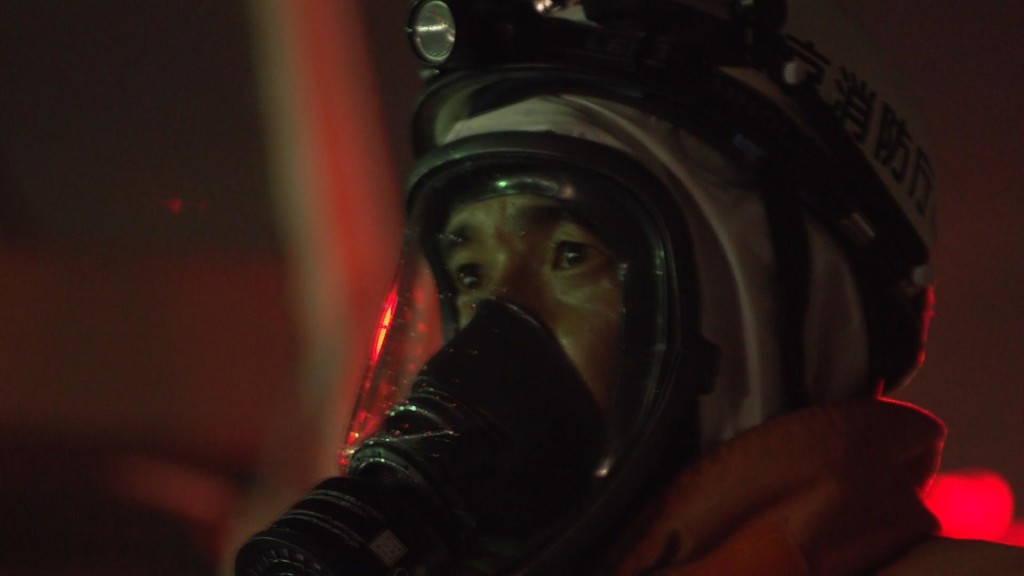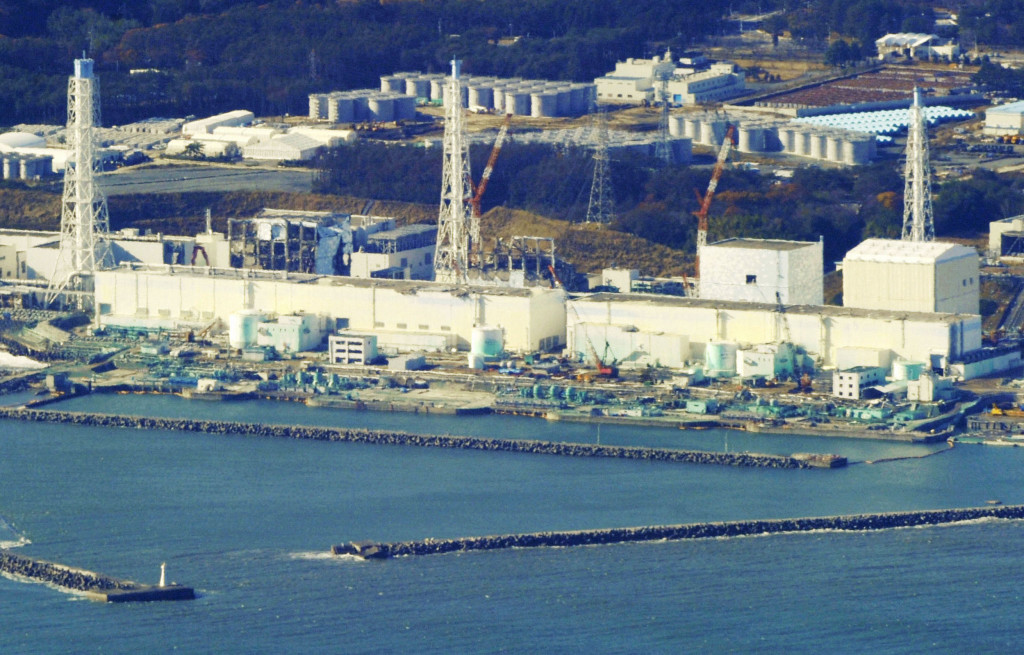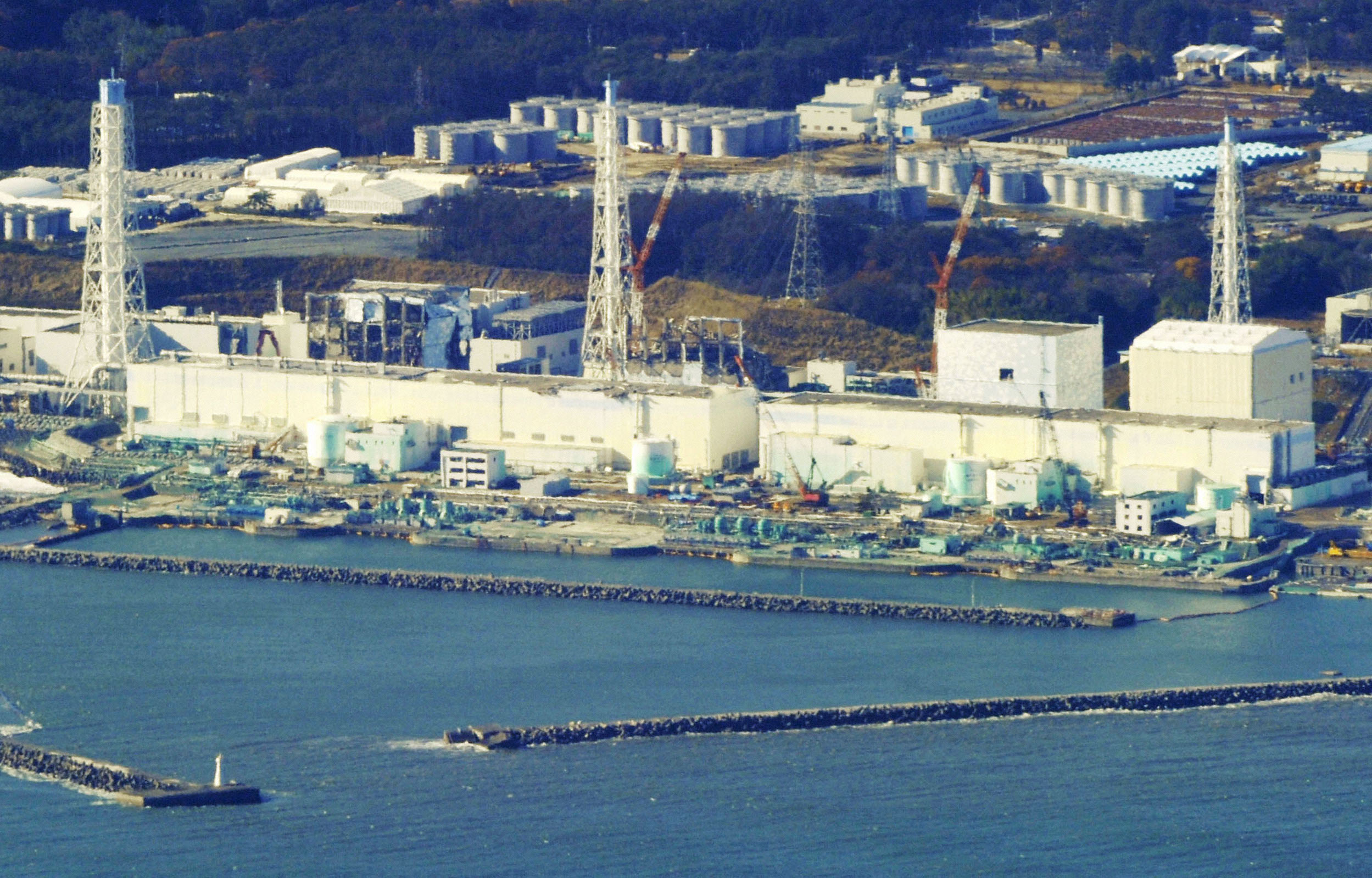For Fukushima Workers, Cancer Isn’t the Only Health Threat

March 19, 2013
Share
Two years after the earthquake and tsunami that damaged reactors at Japan’s Fukushima Daiichi nuclear plant, questions remain about the health of the workers who desperately battled to save the plant.
But their cancer risks may be lower than anticipated. A World Health Organization report, released last month (pdf), found that radiation exposure remained low. But the report also flagged another major concern: psychological trauma.
A 2012 study found that it was common for workers who were at Daiichi that day to suffer from mental trauma and even post-traumatic stress.
The Fukushima 50, as they are known, were actually hundreds of workers who braved the dangers of radiation exposure to try to control the damage.
Nearly half of the workers at Daiichi were found to suffer from psychological distress, worsened in part by the evacuation from the tsunami and major property losses. About 30 percent were found to have post-traumatic stress, a figure on par with American veterans from the Iraq war.
The trauma has been exacerbated for some workers, who have suffered from discrimination and slurs, the study found. Landlords have refused to rent apartments to them, and people have shouted insults and thrown things at them.
That’s because many Japanese consider the workers, employed by the Tokyo Electric Power Company, which managed the reactors, to be partially responsible for what happened. TEPCO came under heavy criticism for its handling of the incident.
To better understand what they experienced that day, watch FRONTLINE’s Inside Japan’s Nuclear Meltdown, which re-airs tonight on many PBS stations (check local listings). Hear the story of what it was like for those workers on March 11, 2011 in their own words. As one of the employees, who gave his name as Ono, told FRONTLINE, “We knew that the huge tsunami was coming, but we still could not guess what kind of devastation would be caused by it afterwards.”
He added: “Something beyond the scope of our assumptions occurred.”
You can also watch the full film online, anytime.

Related Documentaries
Latest Documentaries
Related Stories
Related Stories
Explore
Policies
Teacher Center
Funding for FRONTLINE is provided through the support of PBS viewers and by the Corporation for Public Broadcasting, with major support from Ford Foundation. Additional funding is provided the Abrams Foundation, Park Foundation, John D. and Catherine T. MacArthur Foundation, Heising-Simons Foundation, and the FRONTLINE Trust, with major support from Jon and Jo Ann Hagler on behalf of the Jon L. Hagler Foundation, and additional support from Koo and Patricia Yuen. FRONTLINE is a registered trademark of WGBH Educational Foundation. Web Site Copyright ©1995-2025 WGBH Educational Foundation. PBS is a 501(c)(3) not-for-profit organization.





















